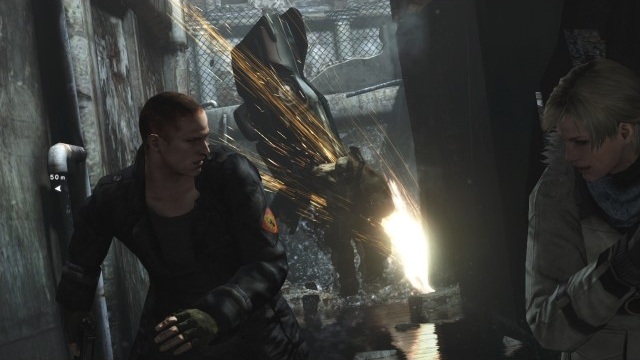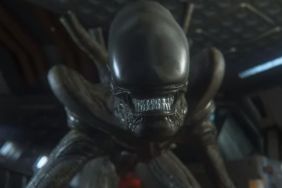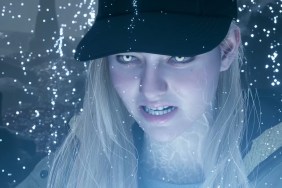One is Resident. One is Evil. One is 6. The game makes as much sense as that.
The prologue to Resident Evil 6 is a dazzling display of visual narrative interactive storytelling. Taken from a later section of Leon Kennedy's story, it impresses with tone and spectacle, introducing the basic quick-time event, use of medicinal herbs, running, and shooting…
-
Strong prologue
-
...rest of the game does not live up to it
-
A lot of content and strong game length
-
Average shooter gameplay
-
Strong co-op sections
-
...but they are frequent
-
Poor chase sections
-
Fragmented, poorly told story
-
Visually stunning











